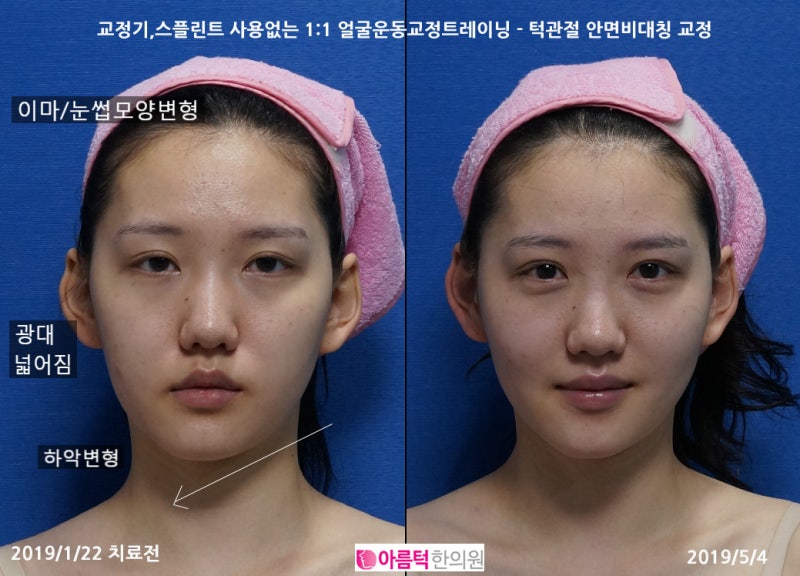Gastric cancer (gastric cancer) has recently attracted attention as a common disease among the younger generation. Previously, it was thought to occur mainly in middle-aged and elderly people, but it was also on the rise among young people, including the MZ generation. Changes in modern lifestyles have contributed to this phenomenon. Processed foods, instant foods, and convenience store foods have become commonplace, and the spread of delivery food services has created an environment where you can eat anytime, late at night. These eating habits hurt stomach health and eventually increased the risk of stomach cancer.What causes stomach cancer?What is necessary to reduce the risk of developing stomach cancer? First of all, smoking and drinking were factors that greatly affected the development of cancer. Tobacco smoke contains many carcinogens, and smoking increased the risk of various cancers such as oral cancer, esophageal cancer, liver cancer (hepatic cancer), lung cancer, pancreatic cancer, stomach cancer, and bladder cancer. As a result, it is important to reduce cigarettes, and various ways to quit smoking, such as smoking programs provided by health centers and chewing gum for smoking treatment, were recommended.Drinking alcohol was also an important risk factor. Although moderate drinking is sometimes considered good for your health, it was actually a factor that increased the risk of developing cancer. Therefore, it is desirable to avoid alcohol even in a small amount, especially if you smoke and drink at the same time, the need for stomach cancer surgery could increase, so it was important to practice abstinence.In addition to managing these risk factors, eating foods that are good for stomach cancer has been helpful for stomach health. It was good to increase the intake of fresh vegetables, fruits, and grains and reduce the intake of processed and high-fat foods. In addition, regular meals and adequate water intake also played an important role in maintaining stomach health.In order to prevent stomach cancer, regular checkups were also important along with improving lifestyle habits. In particular, if you have a family history of stomach cancer, it was important to increase the opportunity for early detection and treatment through regular gastroscopy. Regular screening was a very important part of the prevention and management of stomach cancer because stomach cancer found in the early stages has a high success rate of treatment.can’t ignore someone’s eating habitsRecently, in Korea, eating habits that prefer spicy and salty food have attracted attention. Many people used to ask for stimulating food to relieve stress, but these eating habits stimulated the mucous membrane of the stomach and increased the risk of gastrointestinal diseases and stomach cancer (gastric cancer). In particular, maintaining this eating habit over a long period of time is more likely to develop into gastritis and other gastrointestinal-related diseases. Therefore, the transition to healthy eating habits was important to protect stomach health.Excessive consumption of processed foods, especially processed meat, had a negative impact on health. Processed meat is known to increase the risk of cancer, and these foods contained high fat and cholesterol.These foods could reduce intestinal function, especially the chemicals used during the smoking process could have a negative effect on the intestinal environment. Therefore, maintaining a healthy diet, reducing the intake of processed meat, and balanced consumption of fresh vegetables and fruits helped prevent stomach cancer.The foods that are good for stomach cancer were apples and pears. Apples were especially beneficial when ingested in the morning, and the pakchin contained in this fruit strengthened the gastric mucosa and helped digestion. So, taking an appropriate amount of apples every day helped my stomach health. Pear was also rich in fiber and vitamin B, which helped protect the stomach. However, excessive intake is rather harmful to health, so it was important to take an appropriate amount.Patients undergoing gastric cancer surgery or anticancer treatment were often interested in ways to reduce the aftereffects of treatment. At this time, I was able to get information on anti-cancer immunotherapy through consultation with my doctor. An immunotherapy called Symosin Alpha 1 helped alleviate the aftereffects of anticancer treatment. In addition, dendritic cells, T cells, and NK cells were activated to contribute to strengthening immunity.Previous image Next imagePrevious image Next imagePrevious image Next image

